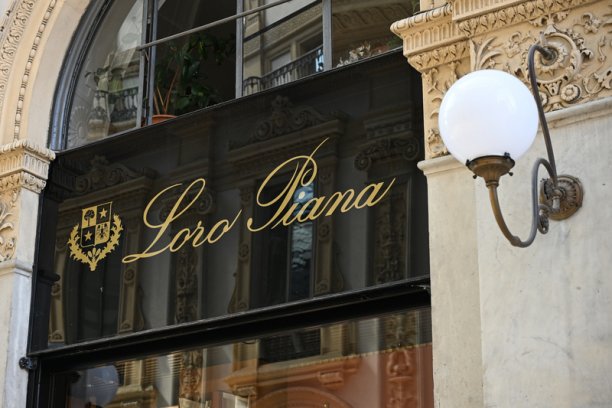
HanesBrands recognised for sustainability leadership
Luxury giant trials new system amid labour exploitation cases.

16th July 2025
Knitting Industry
|
Milan, Italy
Luxury conglomerate LVMH has begun piloting a new traceability system across its major brands following fresh court action against its subsidiary Loro Piana over alleged labour exploitation in its supply chain.
Loro Piana, known for its high-end cashmere garments, has become the second LVMH-owned company to be placed under court administration after a Milan court found it had subcontracted production through shell companies to Chinese-owned workshops that exploited workers in Italy.
The ruling, which comes from investigations that began in 2023 into the subcontracting practices of luxury brands, places Loro Piana under court monitoring for a year. An external administrator will oversee the company’s efforts to bring its supply chain into compliance with legal standards. The administration could be lifted early if improvements are verified, mirroring similar cases with Dior, Armani and Alviero Martini.
Units of other prominent luxury names, including Valentino and Dior, have also faced scrutiny for failing to maintain fair labour practices among subcontractors. One worker reportedly told police he was beaten for asking his Chinese employers for unpaid wages, and two illegal factories were shut down while a third, operating only on paper, was exposed.
LVMH, the world’s largest luxury group, which acquired 80% of Loro Piana in 2013, is responding by expanding its use of TextileGenesis, a blockchain-based traceability platform. The system documents the journey of materials — such as the origin of cashmere for Loro Piana scarves and the sourcing of leather for Louis Vuitton handbags — to ensure supply chain transparency and accountability.
At its AGM in April, Antoine Arnault, chairman of Loro Piana and head of communications at LVMH, told shareholders that “traceability and transparency are the fundamental principles that guarantee the excellence of our products.”
TextileGenesis founder Amit Gautam confirmed that demand for supply chain verification has surged since last year’s cases involving Dior, underlining that the luxury sector can no longer rely solely on heritage and brand image to secure consumer trust.
“Brands are realising that consumers now expect verification, not just storytelling,” said Gautam. “The luxury sector must adapt to this new reality.”

Business intelligence for the fibre, textiles and apparel industries: technologies, innovations, markets, investments, trade policy, sourcing, strategy...
Find out more